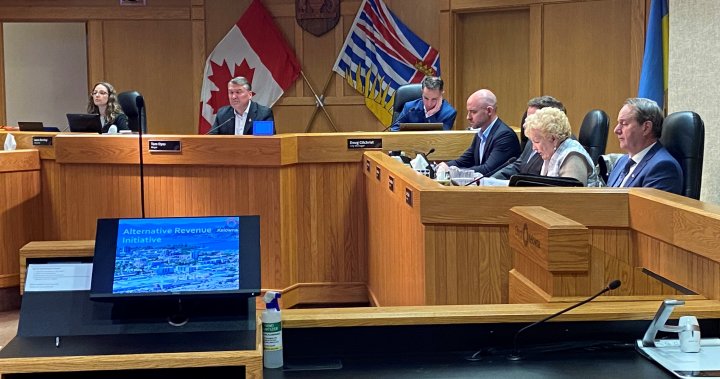In Kelowna, B.C., city council has approved a significant pay increase for both the mayor and councillors, with a 15% raise for the mayor and a 30% raise for councillors. The decision was not taken lightly, with council members recognizing the need for equity and accessibility in their pay structure. The move was prompted by public feedback and a recent review that showed Kelowna ranked low compared to other similar-sized cities in terms of council remuneration. The pay raise will be phased in, with the full amount taking effect in 2025.
One councillor, Loyal Wooldridge, emphasized the increased complexity of the issues council members are dealing with today compared to 30 years ago. He pointed out that the demands of the job require full-time attention, making it difficult to maintain another job. While some councillors supported the pay hike, others, including Mohini Singh, Ron Cannon, Rick Webber, and Gordon Lovegrove, expressed discomfort with the size of the increase and the inclusion of an opt-out clause for councillors who did not want to accept the raise. Despite their concerns, the pay raise was approved by a close vote of 5 to 4.
Councillor Cannon proposed a motion to defer the pay raise until after the 2026 municipal election and establish an independent council compensation committee to review council salaries. Lovegrove also put forward a motion to remove the opt-out clause from the proposed remuneration bylaw. However, both motions were voted down, and the pay raise was ultimately approved. The decision to move forward with the raise in Kelowna contrasts with the approach taken by Victoria city council, which decided to pause a similar pay increase following public backlash and is now creating an independent task force to review the remuneration process.
Victoria councillor Jeremy Caradonna emphasized the importance of getting the process right when it comes to determining municipal politicians’ pay. He suggested that pay raises for municipal politicians should be determined at the provincial level to avoid politicization and public discontent. Caradonna highlighted the significant challenges faced by cities like Kelowna and Victoria, including issues such as homelessness, mental health, addictions, crime, and climate action. These issues require significant time and effort to address effectively, making the job of a council member increasingly demanding.
Ultimately, the decision to increase pay for municipal politicians in Kelowna reflects a recognition of the growing complexity and demands of the role. While some councillors expressed reservations about the size of the increase and the opt-out clause, the majority voted in favor of the raise. The contrasting approach taken by Victoria city council highlights the differing perspectives on how to address pay issues for municipal politicians. Moving forward, the impact of these pay raises on the effectiveness and accessibility of municipal governance will be closely monitored by both council members and the public.


